Hallelujah Blackout

Summary
Alex Lemon’s work defies categorization. Stark juxtaposition of images evokes the New York School, verbal collages suggest the associative method of the postmodernists, and his playful attention to sound recalls elements of Language School poetry. While these elements surface in Lemon’s work, his poetry remains profoundly original, his voice remarkably distinct. Lemon is also, like Frank O’Hara, an autobiographical poet, using the materials of life for inspiration. At 29, he is already a survivor of brain surgery. Still coping with the surgery’s effects, including a gradual loss of vision, he invokes, proclaims, decries, and serenades the world that results after the violation of identity. When the membranes that divide mind and body rupture, the result is not a void, but a strange sensory landscape where all stimuli exist on the same level. Avoiding the easy temptations of both despair and consolation, Hallelujah Blackout embraces the full range of the human experience.
Similar Books
-
 The School Among the Ruins: Poems 2000-2004
The School Among the Ruins: Poems 2000-2004by Adrienne Rich
-
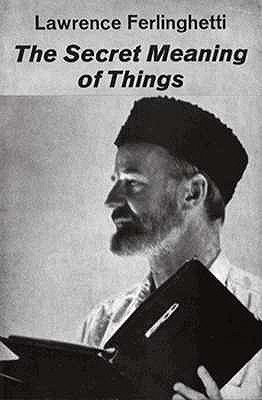 The Secret Meaning of Things: Poetry
The Secret Meaning of Things: Poetryby Lawrence Ferlinghetti
-
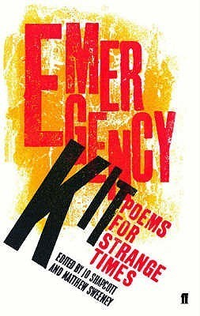 Emergency Kit
Emergency Kitby Jo Shapcott
-
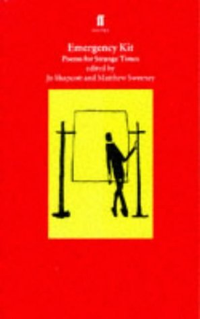 Emergency Kit: Poems for Strange Times
Emergency Kit: Poems for Strange Timesby Jo Shapcott
-
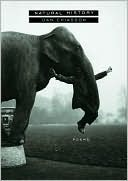 Natural History
Natural Historyby Dan Chiasson
-
 Natural History: Poems
Natural History: Poemsby Dan Chiasson
-
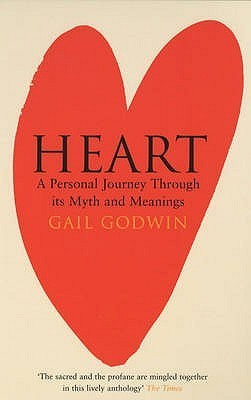 Heart: A Personal Journey Through Its Myth and Meanings
Heart: A Personal Journey Through Its Myth and Meaningsby Gail Godwin
-
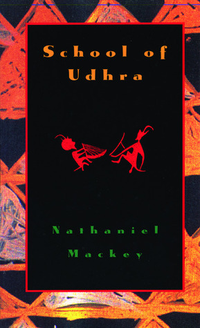 School of Udhra
School of Udhraby Nathaniel Mackey
-
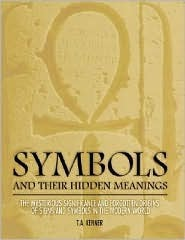 Symbols: And Their Hidden Meanings
Symbols: And Their Hidden Meaningsby T.A. Kenner
-
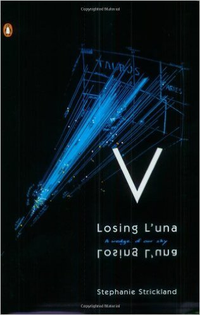 V: WaveSon.nets/Losing L'una
V: WaveSon.nets/Losing L'unaby Stephanie Strickland
-
 Earthquake
Earthquakeby Susan Barnes
-
 Dumbstruck: A Cultural History of Ventriloquism
Dumbstruck: A Cultural History of Ventriloquismby Steven Connor
-
 66 Galaxie: Poems
66 Galaxie: Poemsby m. loncar
-
 Watchword
Watchwordby William Fuller
-
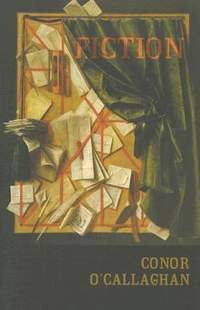 Fiction
Fictionby Conor O'Callaghan
-
 The Mudra
The Mudraby KERRI SONNENBERG
-
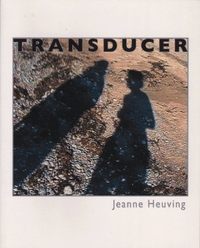 Transducer
Transducerby Jeanne Heuving
-
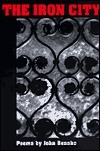 The Iron City: POEMS
The Iron City: POEMSby John Bensko
-
 The Revenge of Dandelions
The Revenge of Dandelionsby Olu Butterfly Woods
-
 At the Threshold of Liquid Geology: and other automatic tales
At the Threshold of Liquid Geology: and other automatic talesby Eric W. Bragg
-
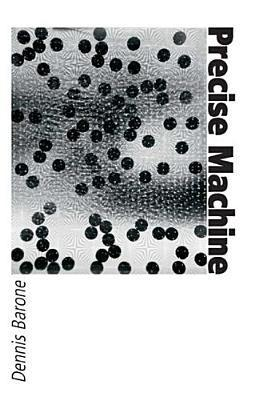 Precise Machine
Precise Machineby Dennis Barone